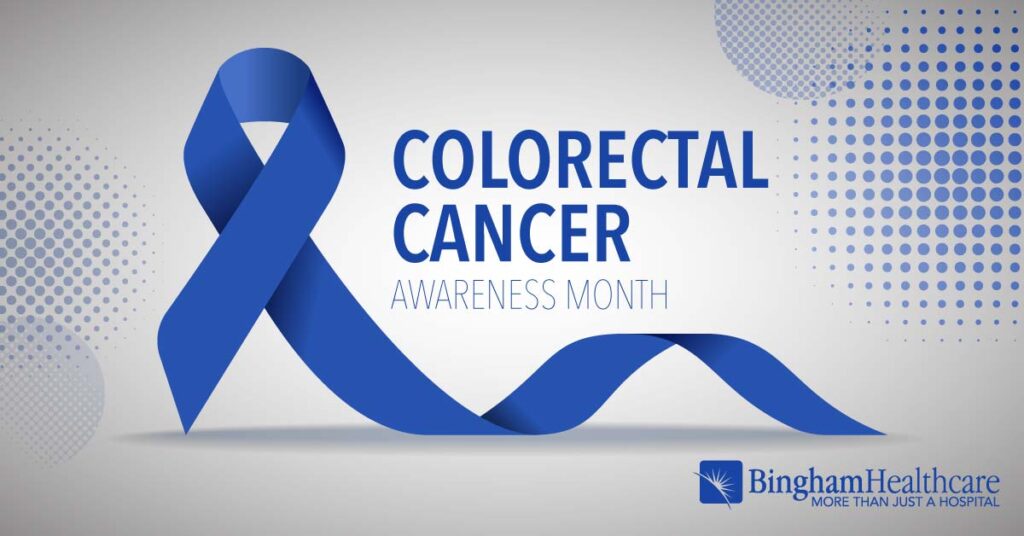
Colorectal Cancer Month: Prevention and Awareness
Colorectal Cancer Month, observed every March, serves as a vital reminder of the importance of early detection and prevention in the fight against colorectal cancer. As the third most common cancer diagnosed in both men and women in the United States, with an estimated 149,500 new cases expected in 2021, raising awareness about this disease is critical. Fortunately, many cases of colorectal cancer can be prevented through lifestyle changes and routine screenings.
Colorectal cancer typically develops from precancerous polyps in the colon or rectum, which can be detected and removed during routine screenings before they turn into cancer. Therefore, regular screenings are key to early detection and improving survival rates. The American Cancer Society recommends that individuals at average risk begin colorectal cancer screenings at age 45, while those with a family history or other risk factors may need to start screenings earlier.
One of the most effective screening methods is a colonoscopy, which allows doctors to examine the entire colon and rectum for abnormalities. Other screening options include fecal occult blood tests, fecal immunochemical tests, and stool DNA tests. The choice of screening method depends on individual preferences, risk factors, and healthcare provider recommendations.
In addition to regular screenings, adopting a healthy lifestyle can significantly reduce the risk of colorectal cancer. Research has shown that maintaining a balanced diet rich in fruits, vegetables, whole grains, and lean proteins can help lower the risk of developing colorectal cancer. Conversely, diets high in red and processed meats, as well as excessive alcohol consumption, have been linked to an increased risk of colorectal cancer.
Physical activity is another important factor in colorectal cancer prevention. Regular exercise not only helps maintain a healthy weight but also reduces inflammation and improves overall health. Aim for at least 150 minutes of moderate-intensity exercise or 75 minutes of vigorous-intensity exercise per week, along with strength training exercises at least twice a week.
Moreover, avoiding tobacco products and limiting alcohol consumption are essential steps in reducing the risk of colorectal cancer. Smoking has been linked to a higher risk of developing colorectal cancer, as well as various other cancers and health conditions. If you currently smoke, quitting can significantly improve your health and reduce your cancer risk.
In addition to lifestyle modifications, being aware of potential symptoms of colorectal cancer is crucial for early detection. Common symptoms include changes in bowel habits, such as diarrhea or constipation, blood in the stool, abdominal discomfort or cramping, unexplained weight loss, and fatigue. However, it’s important to note that many of these symptoms can be caused by conditions other than colorectal cancer. Nevertheless, if you experience any of these symptoms, it’s essential to consult with a healthcare professional promptly.
Beyond individual efforts, community awareness and advocacy play vital roles in combating colorectal cancer. Organizations such as the Colorectal Cancer Alliance and the American Cancer Society offer resources, support, and advocacy opportunities to raise awareness, promote screenings, and fund research for better treatments and prevention strategies.
During Colorectal Cancer Month and throughout the year, let’s come together to spread awareness, encourage screenings, and support those affected by colorectal cancer. By taking proactive steps to prevent this disease, we can save lives and move closer to a future free of colorectal cancer.



